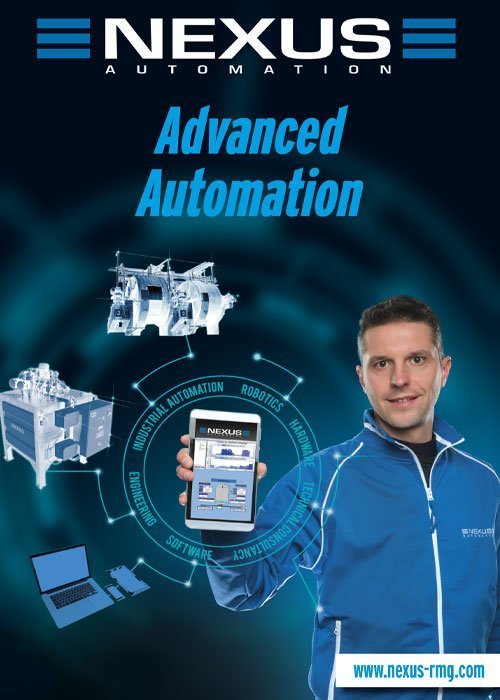
NEXUS Automation headquartered in Montorso (Vicenza province) provides an ample range of solutions, featuring real-time remote assistance. The most prominent tanning groups rely on this technology. At NEXUS Automation, the industrial automation systems are monitored in real time from all over the world. This is one of the main strengths of the company based in Montorso (Vicenza province), in the Arzignano’s tanning district, established in 1998 and supported by a technical staff boasting a long-standing experience in the business. Leader in the design and manufacturing of electrical and electronic equipment for the automation of industrial plants and machinery, NEXUS, featuring an ever-growing team made up of 21 people, does not deal with mass production, but, on the other hand, it provides each customer with customized solutions according to one’s specific needs.
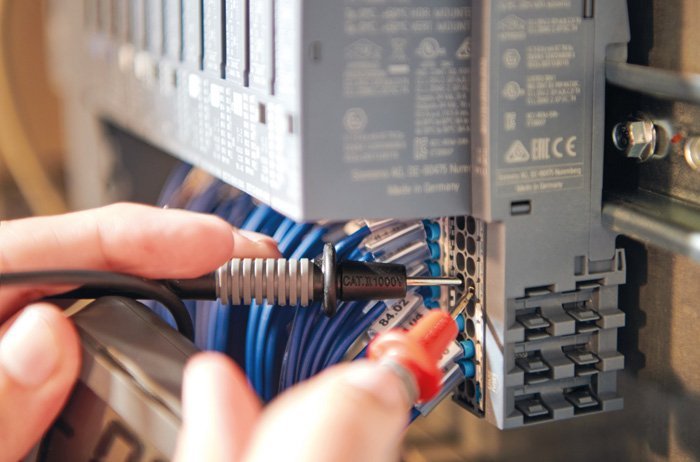
“Only 15 years ago,” explained Mirco Roncolato, one of the founding partners and NEXUS Automation’ manager, “to use a PC in a tannery was considered a risky gamble, now it is acknowledged as a pivotal resource. We have believed in this right from the beginning and, when the fashion and the automotive sectors have started demanding top-notch standards in terms of production and hides’ traceability, the constant monitoring and the digitalization of the manufacturing process hasùve grown into common practice, not an exception. By using the electronic components available on the market, we have developed software programmes specifically designed for tanners, helping them get the ISO/TS certifications. As a matter of fact, thanks to their valuable suggestions and to their specific requests, we have managed to conceive the supervision software for the management of the real phases of the tanning process: starting with the purchase of chemicals up to warehouse storage with barcode and to the loading into the automatic plant, all data are carefully registered, including time and date, related costs and name of the operator.”
Are there other parameters added to the process?
Many others, according to specific needs, such as water dosage, rotation cycles and the machine’s inner parameters, including Ph levels, colour penetration and temperature. The drums are provided with a barcode reader in order to keep track of every single movement and files are generated in the “database mysql” format, that can be exported and imported on superior management systems. All the data are loaded in the corporate server, thus guaranteeing the chance, even after several months or years, to trace back the exact moment in which a specific hide was processed.
What are the main benefits for the customer?
The ultimate advantage is that each one can make the most suitable choices according to their needs when it comes, for example, to the amount of water or to the costs of leather’s chemical-physical products. The system comprises the preventive maintenance of the drum as well: for instance, after 20 thousand revs, it warns about the need to change the grease cartridge, so as to avoid issues and damages: the goal is to help the maintenance technician keep the situation under control. Another prerogative is that ours is a modular system, it can be purchased “step by step”, and all the companies, even small-sized ones, that have used our components, have then opted for the complete plant. It is not written in the contract, yet the advantage is apparent.
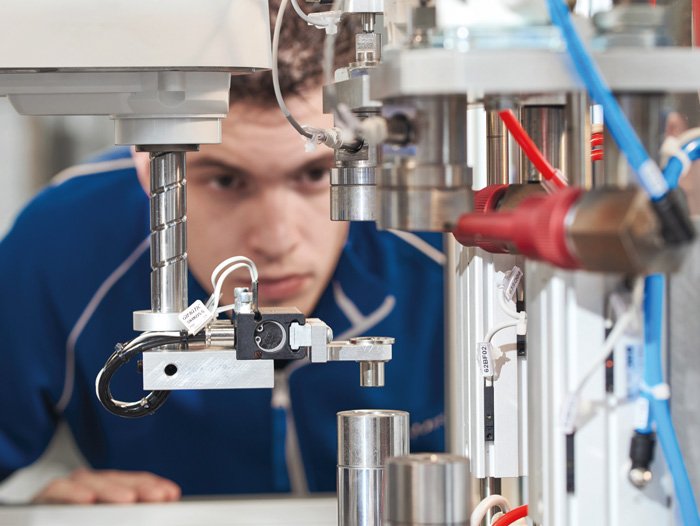
What kind of the relation do you have with tanneries?
By monitoring the software programme directly, at competitive costs, we are able to work with drums produced by all brands. Our automation perfectly adjusts to the manufacturing needs of the customers, as they are not tied to us, but are free to use electronic components made by others as well. In a prominent tannery based in Tuscany, we have trained a technician, then employed as an in-house maintenance operator: as far as that specific plant, automated in 2013, is concerned, we have carried out only two upgrading operations in six years.
What is the added value of the NEXUS system?
The traceable technological process, praised by both automotive companies and by high-end fashion brands, can be easily repeated all over the world with the same results. Our systems, all featuring remote control and assistance, allow to develop the “recipes” in Arzignano and to send them, for example, to a tannery based in Brazil or in a different continent. If a machine has a problem, our technicians log on in real time, carrying out diagnostics operations and pointing out the components that should be changed. The secret lies in solving promptly the issue, because leading tanning industries can’t possibly endure any “downtime”. Moreover, our automation is provided with redundancy systems, as one of the connected plants carries on the work when the other one is down.
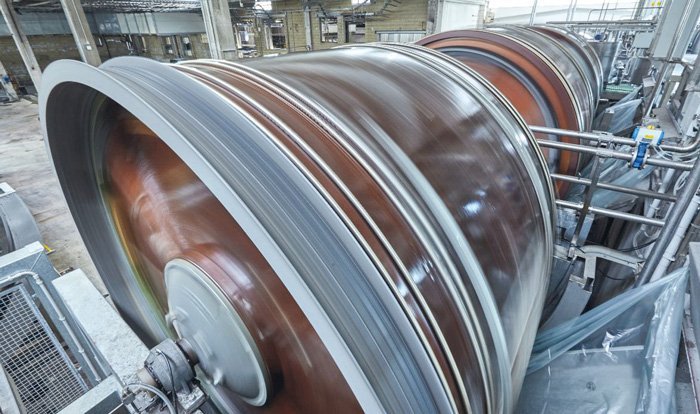
Is it true that your company is partner to the most prominent tanneries worldwide?
In the Arzignano-based district, the most renowned companies are all part of our clientele network; more specifically, in one of these enterprises, the plants are managed entirely by NEXUS software programmes. Italy accounts for 90% of the turnover share related to the leather, out of which approximately 60% of the work is carried out in the Arzignano area, 30% in Tuscany and the remaining 10% in Southern Italy.
Are foreign orders going to grow?
Undoubtedly, we could have some significant growth margins when it comes to exports. Several foreign firms have been sending their requests and we are currently working out some estimates. We look beyond the Italian borders with interest as well as with caution.
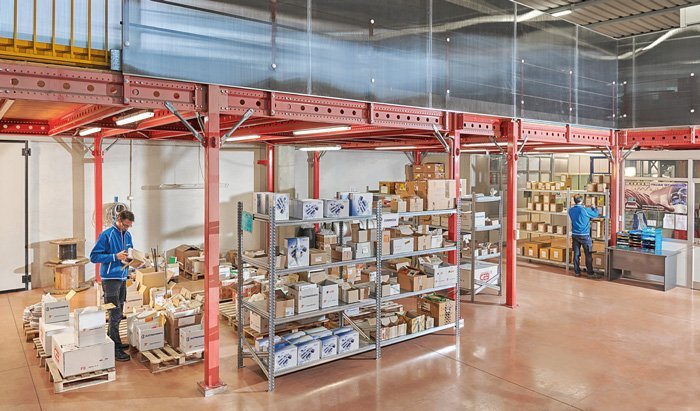
What are your future prospects?
We want to grow gradually, as it has happened in the last few years. The tanning sector still plays a strategic role, but our software programmes are employed in many other fields worldwide. Recently, we have received an important order related to naval electronics. In this field, it is required top-notch specialization and the participation in these projects forces you to pursue first-rate innovation standards: it’s the kind of knowledge that, once applied to the manufacturing industry, makes everything easier. www.nexus-rmg.com
